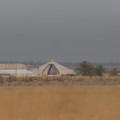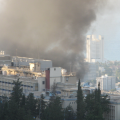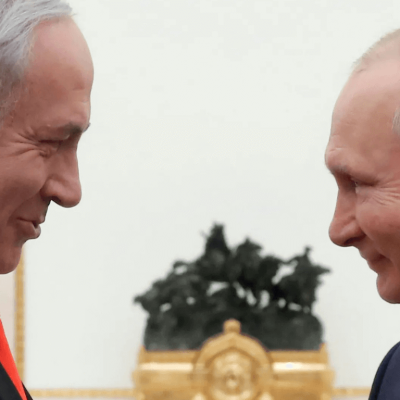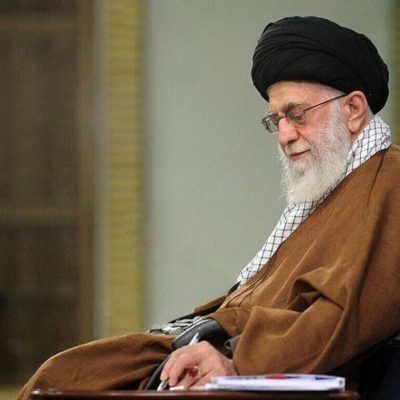Israeli Military Intelligence Chief Resigns
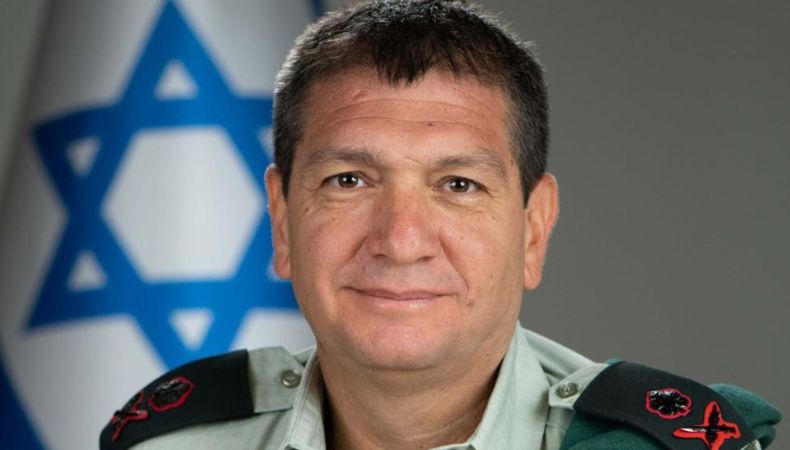
Israeli military intelligence chief resigns, as Maj. Gen. Aharon Haliva, the head of Israel’s military intelligence directorate, stepped down on Monday in the wake of the failures surrounding Hamas’ unprecedented attack on Oct. 7. This move marks the first senior figure to step down over his role in the deadliest assault in Israel’s history.
Fallout and Accountability in Israel’s Security Establishment
Haliva’s resignation could signal more fallout within Israel’s top security brass over the Oct. 7 attack. Hamas militants breached Israel’s border defences, launched a deadly assault on Israeli communities, and took roughly 250 hostages in Gaza, resulting in the deaths of 1,200 people, mostly civilians. This attack triggered the ongoing war against Hamas in Gaza, now in its seventh month.
Acknowledgement of Failure and Responsibility
In his resignation letter, Haliva admitted that the intelligence directorate under his command did not fulfil its duty. He expressed deep remorse over the attack, stating, “I carry that black day with me ever since, day after day, night after night. I will carry the horrible pain of the war with me forever.”
Acceptance of Resignation and Acknowledgment of Service
The military chief of staff has accepted Haliva’s resignation and thanked him for his 38 years of service. Haliva had previously publicly accepted blame for not preventing the assault, as the head of the military department responsible for providing intelligence warnings and daily alerts to the government and military.
Keep Reading
Uncertainty Amid Ongoing Conflicts
While Haliva’s resignation was expected, the timing has been uncertain due to Israel’s ongoing conflicts with Hamas in Gaza and Hezbollah in Lebanon, as well as heightened tensions with Iran. Some military experts have cautioned that resignations during such challenging times could be seen as irresponsible and a sign of weakness.
The resignation of Maj. Gen. Aharon Haliva, head of Israel’s military intelligence directorate, marks a significant development in the aftermath of Hamas’ deadly Oct. 7 attack. Haliva’s acknowledgement of the intelligence directorate’s failure to prevent the assault and his acceptance of responsibility reflects a commitment to accountability within Israel’s security establishment. However, the timing of his resignation amidst ongoing conflicts with Hamas, Hezbollah, and Iran underscores the complexities and challenges facing Israel’s security leadership. As Israel continues to navigate these challenges, the resignation of Haliva may signal broader changes within the country’s security apparatus as it seeks to address the failures that led to the Oct. 7 attack and strengthen its defences against future threats.

